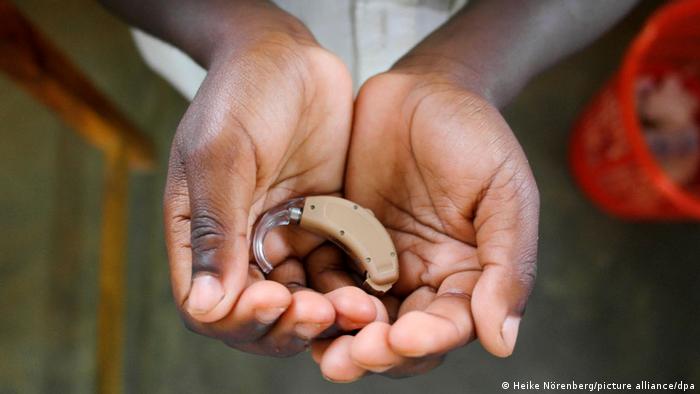COVID as we knew it in 2020 “does not exist any more,†according to a top scientist.
The virus of the fearsome first waves has faded into a milder bug like flu.
Professor Sir John Bell, an Oxford University expert who advised ministers at the start of the pandemic, said most Brits no longer have to fear catching it.
Figures from the Office for National Statistics show the autumn wave appears to have peaked already.
Professor Bell said: “That disease that we were all terrified of in 2020 – that terrible pneumonia that put people in the intensive care unit – essentially doesn’t exist any more.
“I believe that, although we will have Covid and people will feel a bit sick, it will be a bit like the flu and you may have to stay home in bed and you won’t feel so well.
“But I think we shouldn’t have the sort of problems we’ve had in the past.â€
He said the less severe Omicron variant and immunity from vaccines and catching the virus have slashed the risk.
It comes as the ONS said two million Brits had coronavirus in the first week of October but recent case rises are slowing.
During the worst of the pandemic, over Christmas 2020, more than 34,000 people were in hospital at once and nearly 4,000 in intensive care.
The latest wave peaked with 10,500 hospital patients – with two thirds actually being treated for other conditions – and just 220 in intensive care.
Prof Bell told BBC Radio 4: “You will get elderly people who are frail hospitalised and I think the vaccine is a good way to reduce that risk.â€
The NHS has now rolled out more than 10million Omicron boosters to keep a deadly winter wave at bay.
Updated jabs are key to keeping older, high-risk people out of hospital wards – and 10,667,110 had received the top-up by Monday.
NHS England vaccines director Steve Russell said: “We continue to encourage everyone eligible who has yet to take up the offer of a Covid booster or flu jab to come forward, with the threat of a ‘twindemic’ from both viruses circulating this winter.â€




